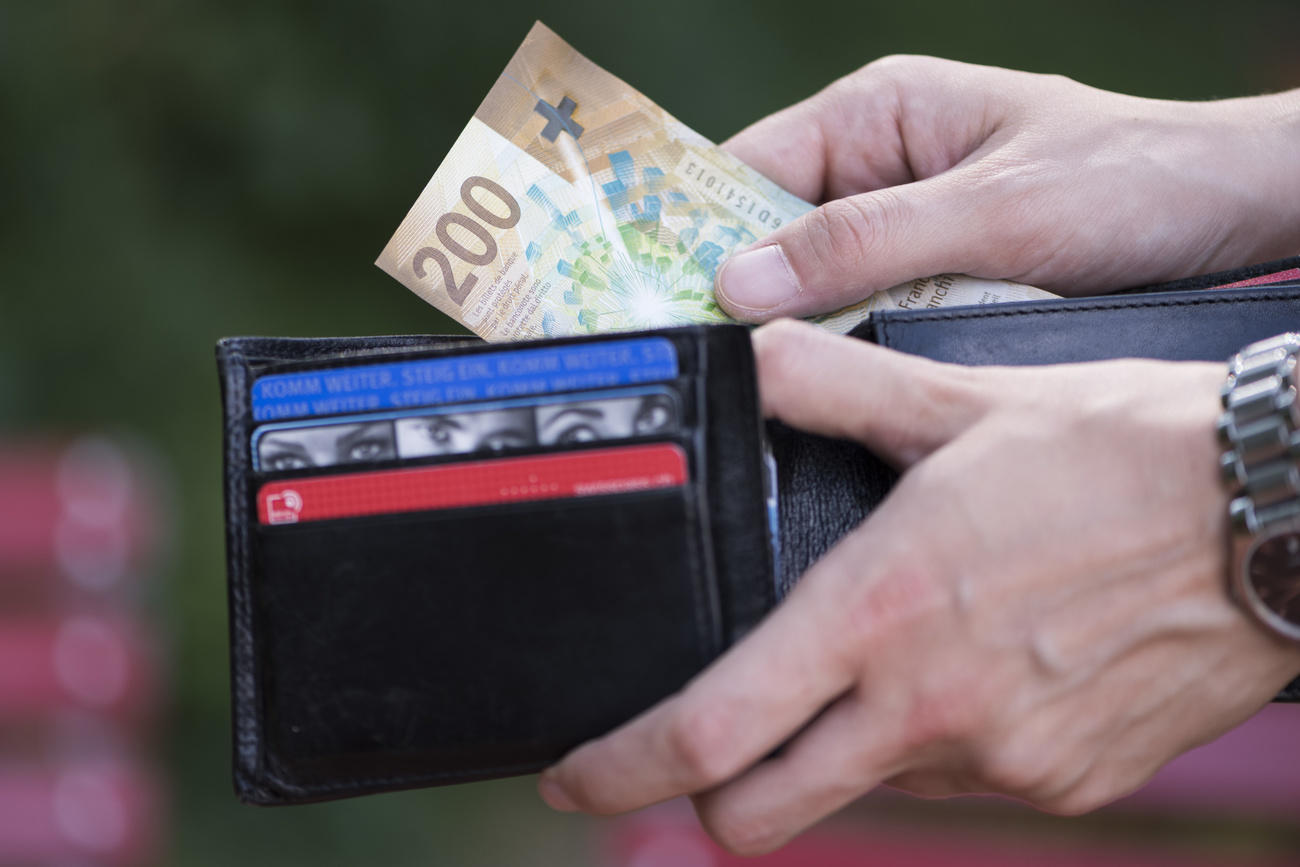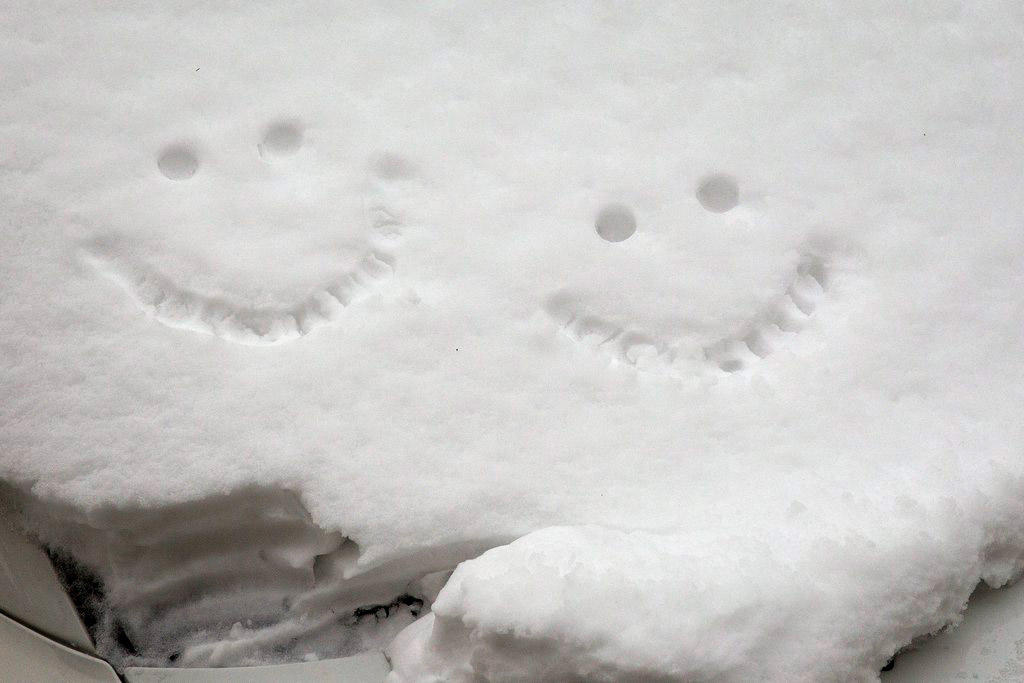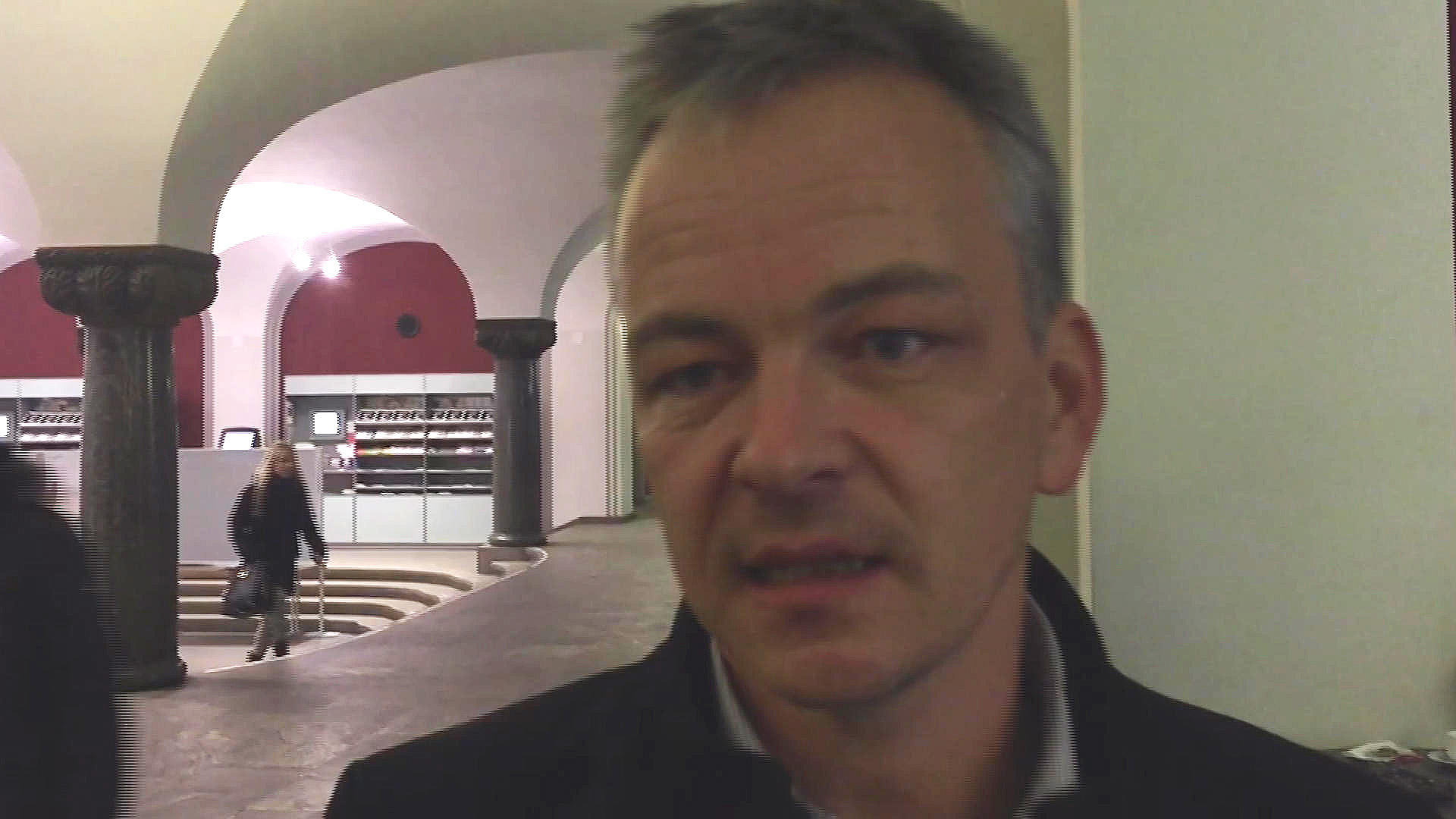Study: If you lose your wallet, make sure it’s full of money

The chances of a wallet being handed in increase in direct proportion to the amount of money inside, according to a study released on Thursday by several universities, including the University of Zurich.
Aiming to test the hypothesis that people’s tendency to act honestly would be compromised by financial incentive, researchers conducted an experiment in which over 17,000 “lost” wallets were left lying about in 355 cities throughout the world.
The wallets contained personal items like cards, shopping lists and keys – plus either no cash, a small amount of cash or a large amount of cash. All were left in busy areas like hotel lobbies or museums or near police stations, giving finders plenty of opportunities to hand them in.
In 38 of the 40 countries studied, the more money in the wallet, the more likely it was to be handed in. Globally, wallets with not much money had a 51% chance of being reported; those with lots of cash, 72%.
Wallets with no money were least likely to be handed in, at an average of 40%.
Self-interest or goodwill?
Of the countries surveyed, Denmark was the most upstanding: 82% of finders handed in the high-value wallets. Switzerland also ranked highly and was notable for not distinguishing heavily between the different cash values; from zero to high, wallets were in general handed in between 73% and 78% of the time.
Countries including China, Peru, Kazakhstan and Kenya propped up the list – in these places, wallets were returned between 8% and 22% of the time.
Researcher Michel Maréchal from the University of Zurich told media on Thursday that the aim of the study was to investigate the factors that influence human honesty on a daily basis.
Explaining the outcome, he said that negative pressures might be the deciding factor: rather than acting from sheer altruism, people might tend to associate keeping the higher amounts with thievery and simply don’t want the guilt associated with that.
“People want to see themselves as honest, not as thieves,” he said. Keeping a wallet you’ve found thus leads to the necessity to adjust one’s self-image accordingly – which comes at a psychological cost.

In compliance with the JTI standards
More: SWI swissinfo.ch certified by the Journalism Trust Initiative



You can find an overview of ongoing debates with our journalists here. Please join us!
If you want to start a conversation about a topic raised in this article or want to report factual errors, email us at english@swissinfo.ch.